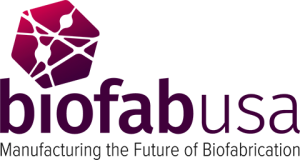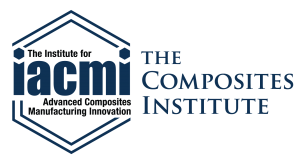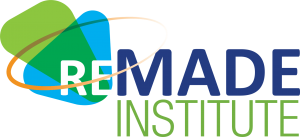Sixteen different manufacturing innovation institutes comprise Manufacturing USA. These institutes are public-private partnerships that each have distinct technology focus areas but work towards a common goal: to secure America’s future through manufacturing innovation, education, and collaboration.
Manufacturing USA institutes focus on moving promising, early-stage research into proven capabilities ready for adoption by U.S. manufacturers. Their membership includes manufacturers as well as researchers from universities and government laboratories. The institutes provide members with access to state-of-the-art facilities and equipment, as well as workforce training and skills development customized to support new technology areas. Collaboration at the institutes and across the network creates an innovation community ushering in the next generation manufacturing supply chains located in America and employing Americans.
The national Manufacturing Extension Partnership (MEP)—a network of hundreds of organizations like MassMEP and the other MEP centers—is playing a role in moving the institute’s newly developed technologies into the small companies that comprise the bulk of the U.S. manufacturing base.














